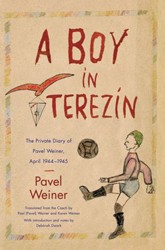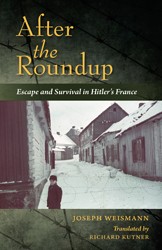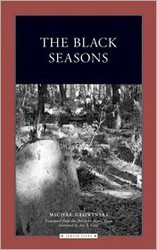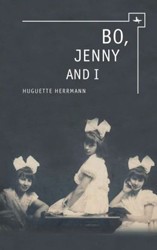Originally published in German in 2016, this disturbing memoir tells of journalist Sacha Batthyány’s confrontation with the truth and meaning of the heinous crime his family committed during the twilight of WWII.
During a party held by the author’s great aunt, Countess Margit Batthyány, her friends and relatives murdered 180 enslaved Jewish laborers.
Though Sacha was not the first to write about this horrendous deed, his compulsive research and meditations enormously broaden the scope of information and understanding. He draws from his personal experience as well as diaries, public records, private papers, and interviews conducted with a mixture of determination and anxiety. His journey into the past becomes a journey into his deepest self – his life as a grandchild and child, as a husband and father.
Not strictly linear; the book reads more like a collage or mosaic. Past is set against present, speculations are set against verifiable facts, and the words of characters long dead are set against the memories of others. The overarching story of the author’s search for truth, the layer of memoir, interacts with the diaries and other textual remains containing the voices of key characters from the past. All along the zigzag way, the pressure of those buried secrets grows stronger and stronger, as does the question of whether and how revelations about what happened in a small Austro-Hungarian town can bring spiritual restoration and solace.
Throughout, Batthyány takes pains to recreate the double-whammy of Hungary’s (and much of Europe’s) mid-20th century travails. How the joy brought by the end of war and Nazi doom fades into the ongoing decades of Soviet communism’s own murderous repression. How displaced persons remain psychically displaced wherever they may be. How secrets are poison.
The mass grave of the 180 murdered Jews has not been found.
Philip K. Jason is professor emeritus of English at the United States Naval Academy. A former editor of Poet Lore, he is the author or editor of twenty books, including Acts and Shadows: The Vietnam War in American Literary Culture and Don’t Wave Goodbye: The Children’s Flight from Nazi Persecution to American Freedom.





